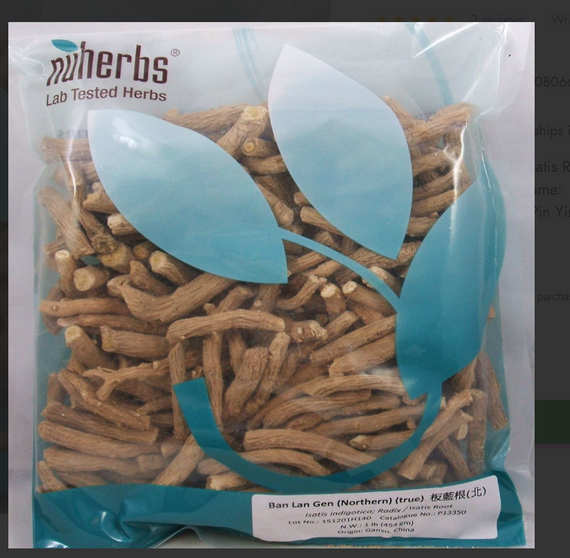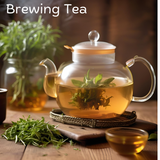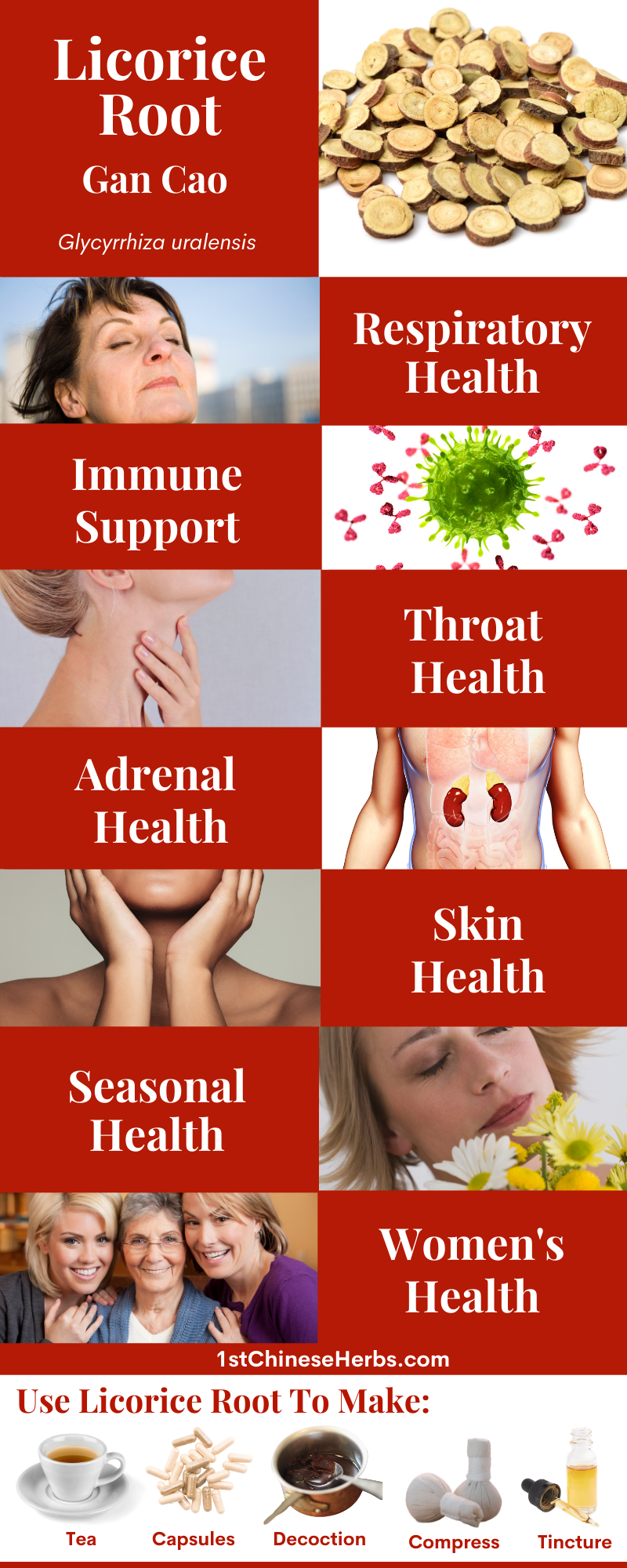

Nuherbs Organic
Isatis Root (Ban Lan Gen) Certified Organic Cut 1 lb - Nuherbs
Ban Lan Gen (Isatis Root) Certified Organic Cut Herb (1 lb) — Traditional Throat & Seasonal Support Ban Lan Gen (板蓝根), also called Isatis Root or Radix Isatidis, is a classic “clear heat and...











